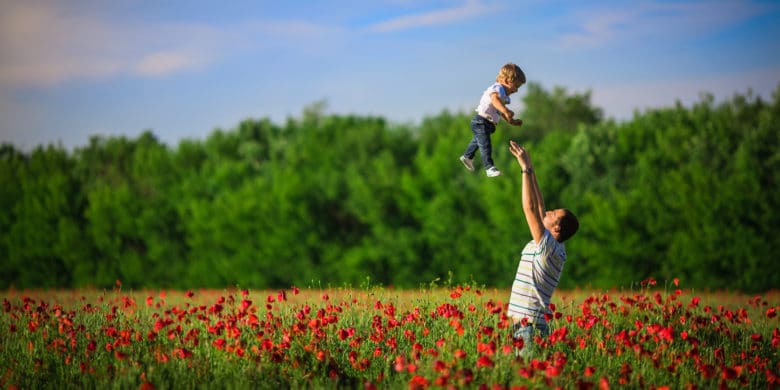Jesus didn’t train His disciples through a weekly class. He lived with them. Day after day, He shared life, modeled obedience, answered questions, corrected misunderstandings, and sent them out to practice what they were learning. If we want to see movements multiply, we must shift our understanding of discipleship away from only meetings and toward deep, personal relationships.
When we ask for a miracle, we may fear being judged by the outcome. If nothing happens, will we seem foolish, dishonest, or spiritually weak? These concerns can quietly keep us from boldly asking God to work.
When our children were small, they loved being tossed into the air by their father. The higher they went, the louder their laughter—and the more urgently they cried, “Again, Daddy!” They trusted him completely. They believed in his strength to throw them and his love to catch them every time. Their joy came from total confidence that they would not fall. God invites us into that same kind of relationship.
I have often reflected on God’s goodness throughout the year: His protection, guidance, and unexpected kindness. How faithful He has been! I find it helpful to pause and reflect on the past, release the negative things, and renew my heart at the start of the new year.
If you are feeling behind this Christmas, you are not alone. I just decorated yesterday and haven’t bought even one gift yet! The good news is this: last-minute gifts can still be deeply meaningful when they help point someone toward Jesus and a life of obedience to Him. Christmas has never been about getting everything perfect. It has always been …
I’m sipping coffee on a cool Chiang Mai morning, listening to Christmas music play softly in the background. A smile spreads across my face—this year I will be with my grandchildren for Christmas! There will be gifts, food, and joy-filled laughter. It’s been a long time since we’ve all been together on the holidays. Still, …
While gathering disciples is important, seeing multiplication requires intentional focus on several key factors. Let’s explore these six essential elements
I grew up in Minneapolis, a city known for its beautiful lakes. On sunny days, we’d rent kayaks and paddle across the water. One thing I quickly learned: if I didn’t keep my eyes fixed on the shore, I’d end up paddling around in circles without ever reaching my destination. Disciple-making movement (DMM) efforts can …
Urban slum communities are often ethnically and religiously diverse, united by poverty, but divided by deep cultural and social barriers. For those pursuing Disciple Making Movements (DMMs), this complexity presents both challenges and opportunities. DMMs grow through natural relationship networks—friends, family, and neighbors. We call these networks our oikos. These networks often follow ethnic or, …








